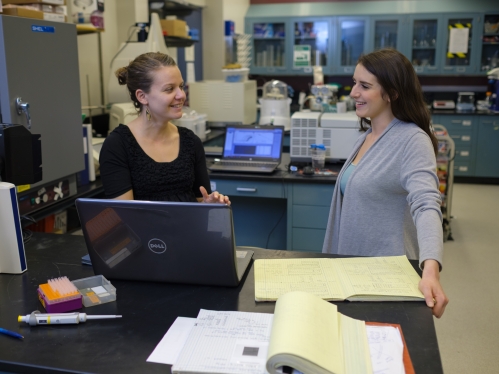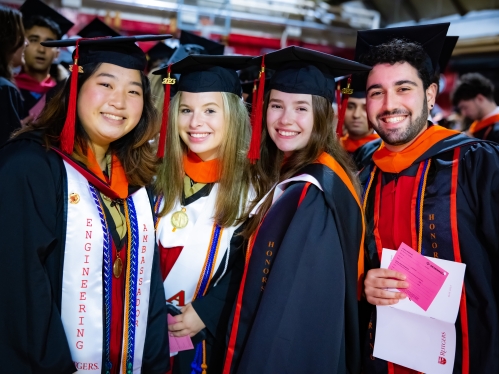
About the Department of Civil and Environmental Engineering
Welcome
Civil Engineering had its beginnings at Rutgers when the Trustees of Rutgers College established the Rutgers Scientific school in 1863, graduating the first class of predominately civil engineers in 1868. Today, civil engineering at Rutgers has grown to include the related field of environmental engineering. Our program encompasses infrastructure, intelligent transportation systems, transportation design and planning, geotechnical and geoenvironmental engineering, pavement engineering, construction management, water resources management, air pollution monitoring and control, data science and AI, and more.
Mission and Vision
The objectives of the civil and environmental engineering program are to provide students with a broad and thorough education in civil and environmental engineering fundamentals, applications, and design preparing graduates for the practice of civil and environmental engineering at the professional level. Students are equipped with the confidence and skills necessary to meet the technical and social challenges of the future.

Connected Community
Our students are engaged with each other, faculty and the broader civil and environmental engineering industry. Students are involved in research activities and participate in related engineering student organizations gaining hands-on and leadership experience. Field trips are also organized to major job sites around the area including Liberty International Airport's Terminal A and the Tappan Zee Bridge renovation, among others.

Accreditation
The Civil Engineering and Environmental Engineering undergraduate programs are accredited by the Engineering Accreditation Commission (ABET) based on consideration of the programs' educational objectives and outcomes, ensuring our programs meets the quality standards that produce graduates prepared to enter a global workforce.
